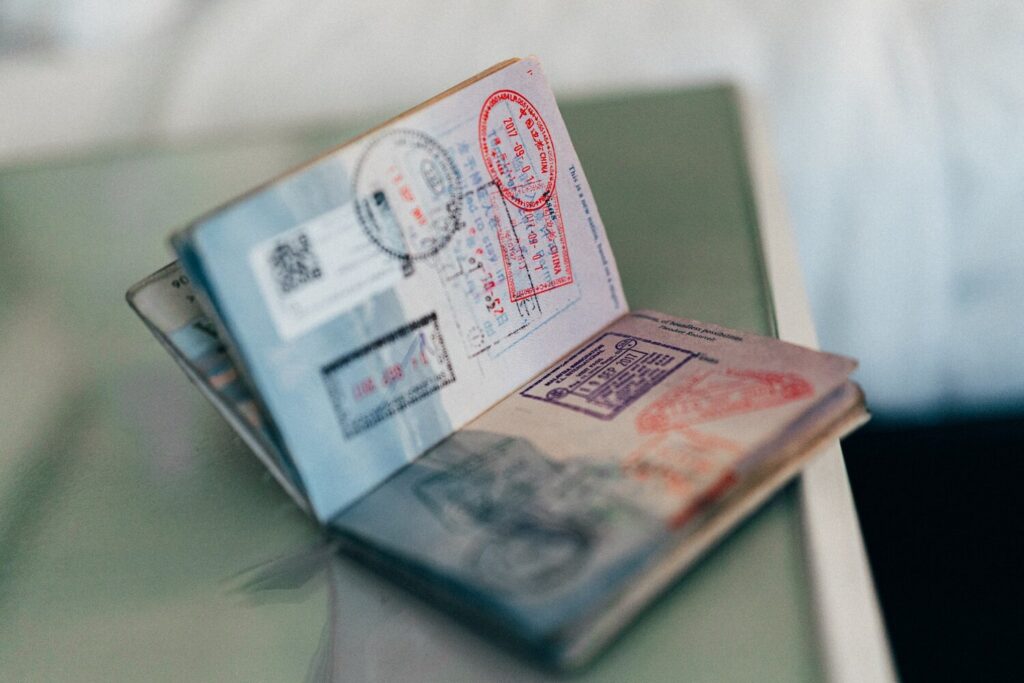
Cross Border Taxation For Working Remotely
Cross border taxation is a complex issue that can arise when working remotely, especially for digital nomads and remote workers who are constantly on the move. Cross border taxation refers to the taxes that are imposed on individuals and businesses that operate in multiple countries. In the past, cross border taxation was mainly an issue for large multinational corporations, but with the rise of remote work and the gig economy, it is becoming an increasingly relevant issue for individuals and small businesses as well.
Cross border taxation challenges
One of the main challenges of cross border taxation is determining which country has the right to tax an individual or business. This is known as the “tax residence” and it is determined by various factors such as the location of the individual or business, the duration of their stay in a country, and their personal and professional ties. For example, if an individual spends most of their time in one country and has a permanent home there, they are considered a resident of that country and are subject to its taxes.
Another challenge of cross border taxation is dealing with double taxation. This occurs when an individual or business is taxed by two or more countries on the same income or assets. To avoid double taxation, countries have signed tax treaties, also known as double tax agreements, which determine which country has the right to tax an individual or business and the amount of taxes to be paid. However, not all countries have signed these agreements, and even when they have, the rules can be complex and vary from country to country.
Remote workers and digital nomads also need to be aware of the tax implications of working remotely in different countries. In some countries, remote workers may be required to register as a self-employed individual and pay taxes on their income, while in other countries they may be considered a resident and be subject to taxes on their worldwide income. This can lead to confusion and additional compliance costs, as remote workers may be required to file multiple tax returns and deal with different tax systems.
Additionally, remote workers and digital nomads also need to be aware of the tax implications of withdrawing funds from their businesses or investments in different countries. In some cases, this can lead to additional taxes or penalties, and it’s important for remote workers and digital nomads to seek professional advice and plan ahead to minimize the impact of these taxes.
Conclusion
In conclusion, cross border taxation is a complex issue that can arise when working remotely. It can be challenging for remote workers and digital nomads to navigate different tax systems and avoid double taxation. It’s important for remote workers and digital nomads to be aware of the tax implications of working remotely in different countries and to seek professional advice to minimize the impact of these taxes. Furthermore, governments should consider the unique needs of remote workers and digital nomads and make the necessary changes to their tax laws and regulations to make it easier for them to navigate cross border taxation.
Find profesional consultation regarding remote work including expert tax advisors.







Responses